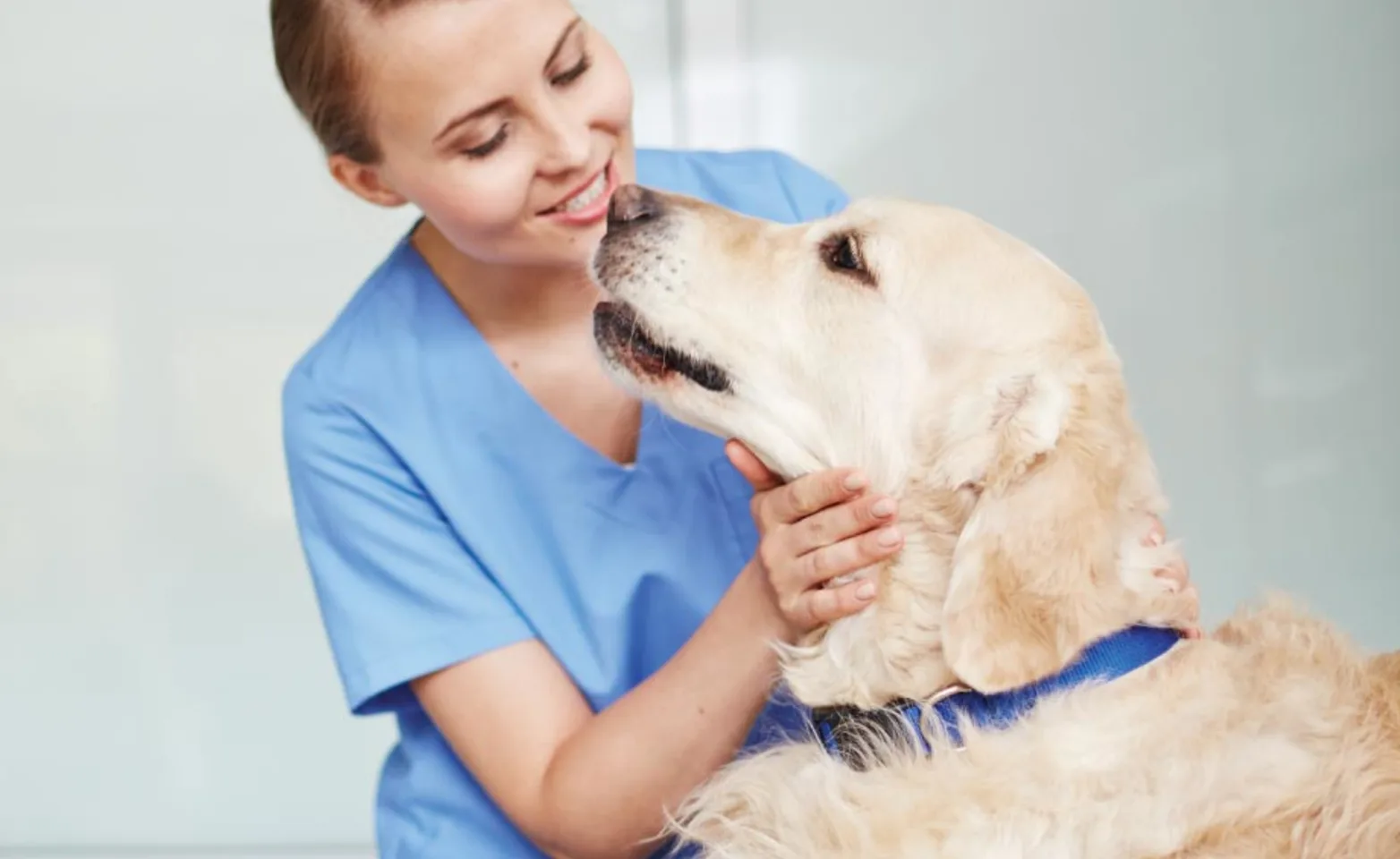Central Coast Pet Hospital and Emergency

What to Expect
Priority 1
Patients with critical or life-threatening illnesses or injuries.
Examples include but are not limited to difficulty breathing, severe trauma, collapse, unable to walk or stand, poisoning, active seizures, GDV (bloat), bleeding, male cats straining to urinate, snake bites, persistent non-productive retching.
Priority 2
Patients with urgent conditions.
Examples include but are not limited to persistent or severe vomiting and diarrhea, appetite loss for more than 24 hours, known foreign body ingestion causing illness, bowel obstruction, previous but not currently active seizures.
Priority 3
Semi-urgent issues.
Examples include but are not limited to acute diarrhea without vomiting, blood in urine or straining to urinate in a dog or female cat, small wounds or lacerations, allergic reactions.
Priority 4
Not immediately life-threatening.
Examples include but are not limited to skin conditions, chronic disease management, minor wounds, abscesses, sore eyes/ears.

If your pet is hospitalized, you will receive regular phone updates by one of our veterinarians.
We will also keep you informed of hospital costs. Your pet will be monitored around the clock by our team of qualified and compassionate registered veterinary technicians and veterinary assistants, with a veterinarian always present.
Our veterinarians will communicate with your primary veterinarian if necessary, and we will provide copies of your pet’s medical records to your primary veterinarian. Upon discharge, you will be provided with verbal and written instructions on home care and follow-up recommendations.
